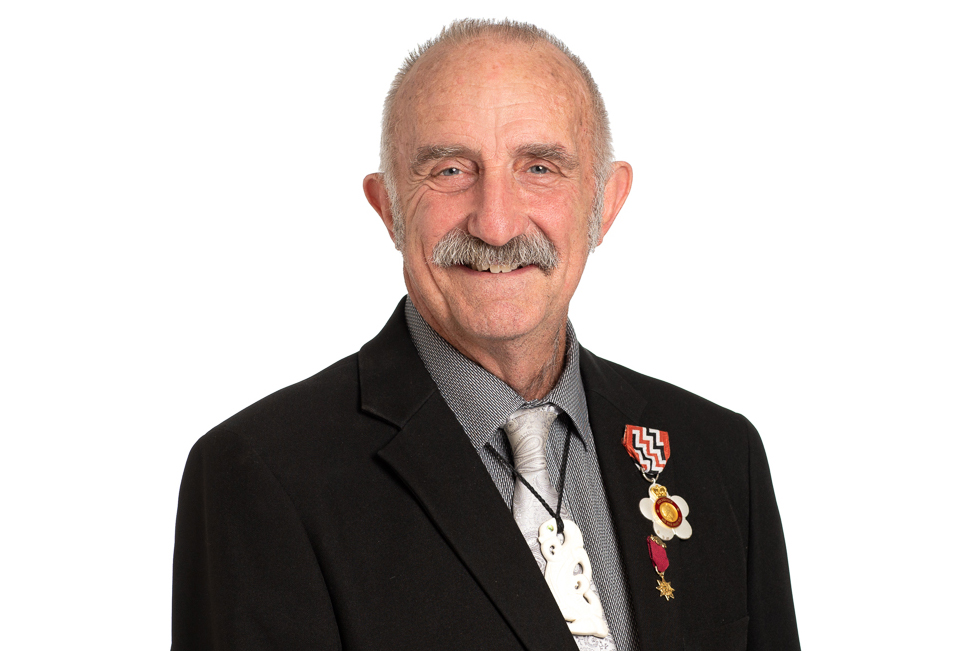Keeping it local
By Mayor John Carter.
Last month the Council voted to provisionally opt out of the Government’s Three Waters Reform Programme. We made that decision because we could not be certain that the Far North would be better off under the reform proposal. It was not an easy decision to make. There are compelling reasons to improve the way our nation collects, distributes, and disposes of water.

Last month the Council voted to provisionally opt out of the Government’s Three Waters Reform Programme. We made that decision because we could not be certain that the Far North would be better off under the reform proposal. It was not an easy decision to make. There are compelling reasons to improve the way our nation collects, distributes, and disposes of water. Despite the financial benefits the Government is promising, we decided there were just too many unknowns to commit to the programme. We could not be certain that communities will have meaningful control over the proposed multi-regional three waters entities or that a future government would not privatise these services. This is not the end of the matter. We will continue to study the options and may re-join the programme when we have greater certainty about the outcomes.
The Three Waters Reform Programme is just one of several major changes that will affect the work of councils. There is, of course, the Future for Local Government initiative, which Deputy Mayor Ann Court highlighted to readers last week. This review could significantly change the way local government is delivered in New Zealand. Ann also discussed Government plans to revamp the Resource Management Act. Again, this will have an impact on the way we operate.
I am not opposed to these changes per se. It is important that our legislation and the way we manage our resources reflect our changing priorities as population grows and we face issues such as climate change. What does worry me is meeting these challenges by centralising decision making. I fear that the “local” is being steadily eroded from local government and many of our other institutions. For example, health reforms will see all 20 District Health Boards abolished and a single, national health organisation created in its place. The risk is that community voices will no longer be considered in the delivery of vital health services. Our tertiary education sector is also losing local input. Our polytechnics are now being merged into one organisation called Te Pūkenga. This process will be completed in 2023. Moves to centralise decision making are evident elsewhere, such as in freshwater management, climate change and conservation.
I think it is vital that our residents – the ones who pay for local services through their rates and taxes – have a say in how these are delivered. They know what their communities need and what specific issues must be addressed. Ensuring that our communities are engaged in the decision-making process is not easy. Participation in elections has declined steadily over the decades and we often struggle to find leaders to represent their communities. Further removing opportunities for communities to have a meaningful say on the services they receive will only make disengagement from the political process worse.
If you share my concerns, I urge you to make these known to your local MP and to provide feedback on these proposals whenever you can. The Far North is a unique place to live. We need to work together to preserve it.

